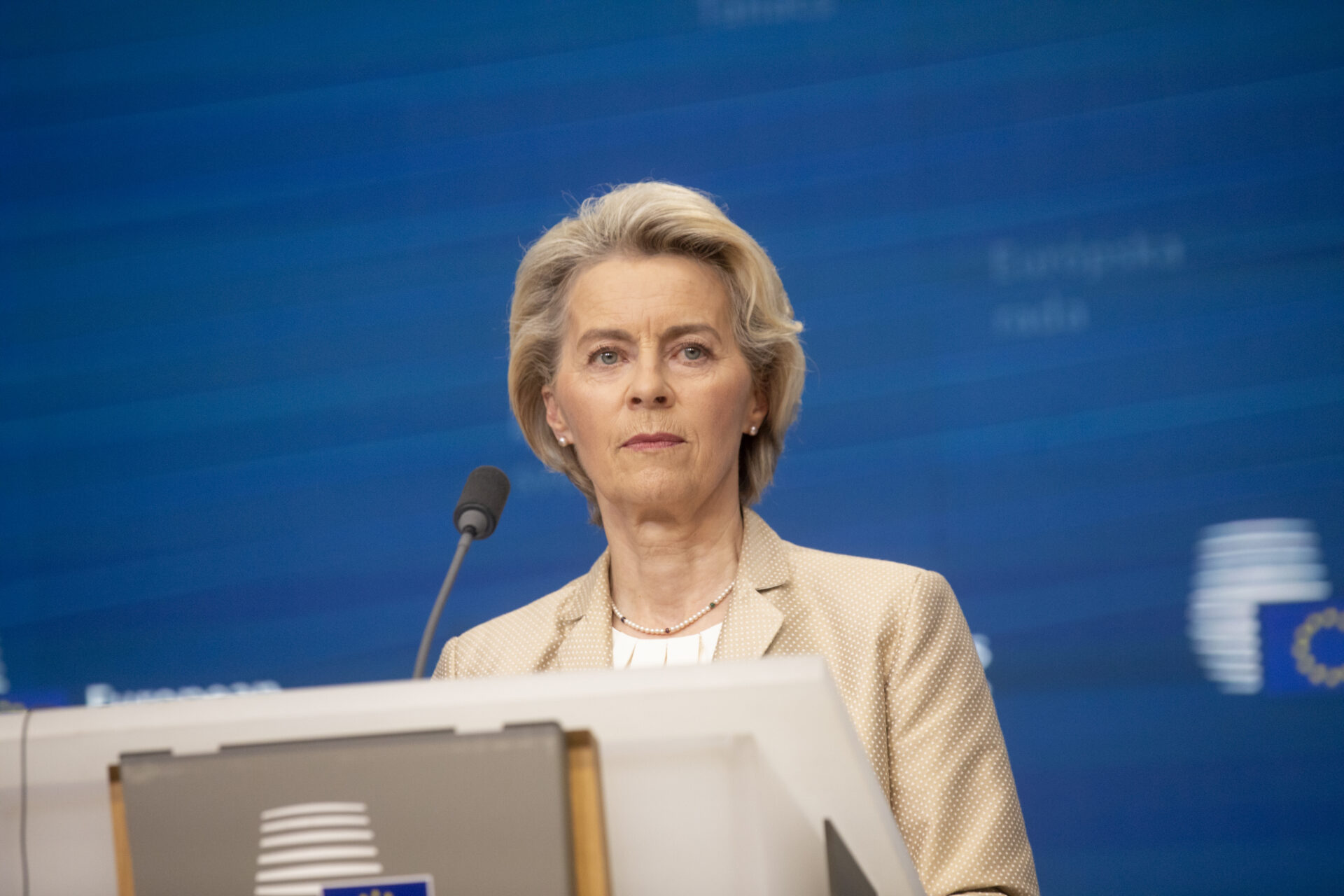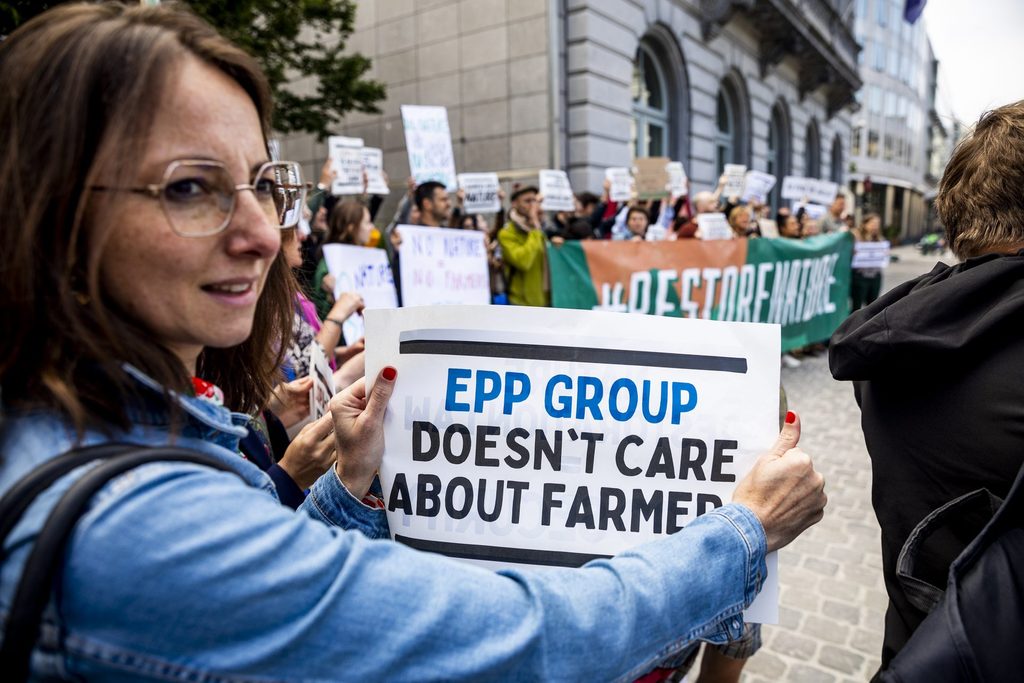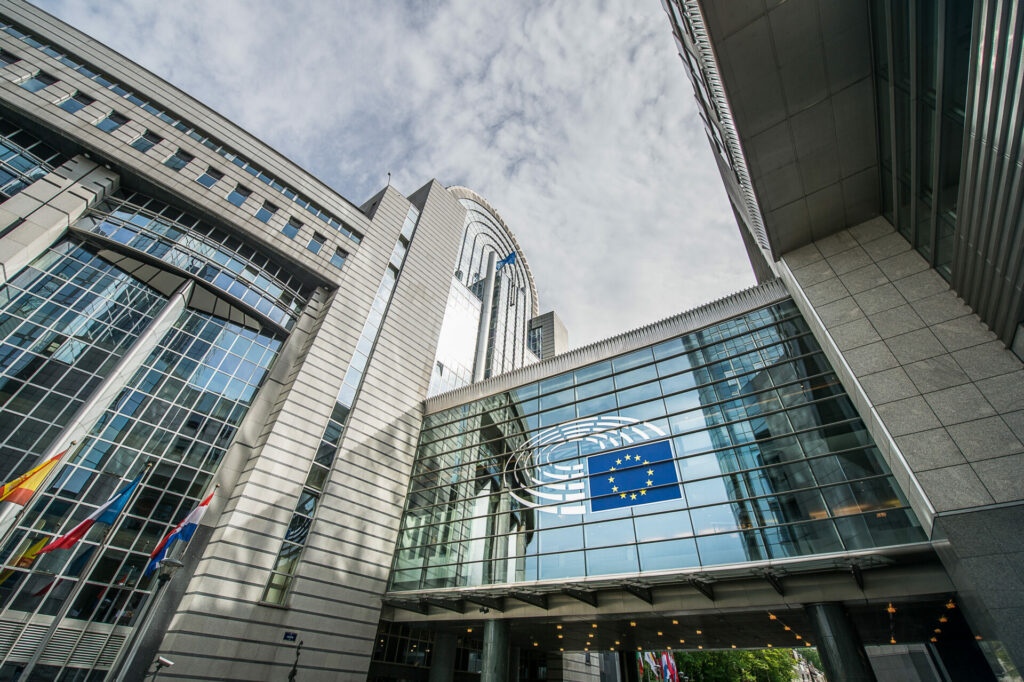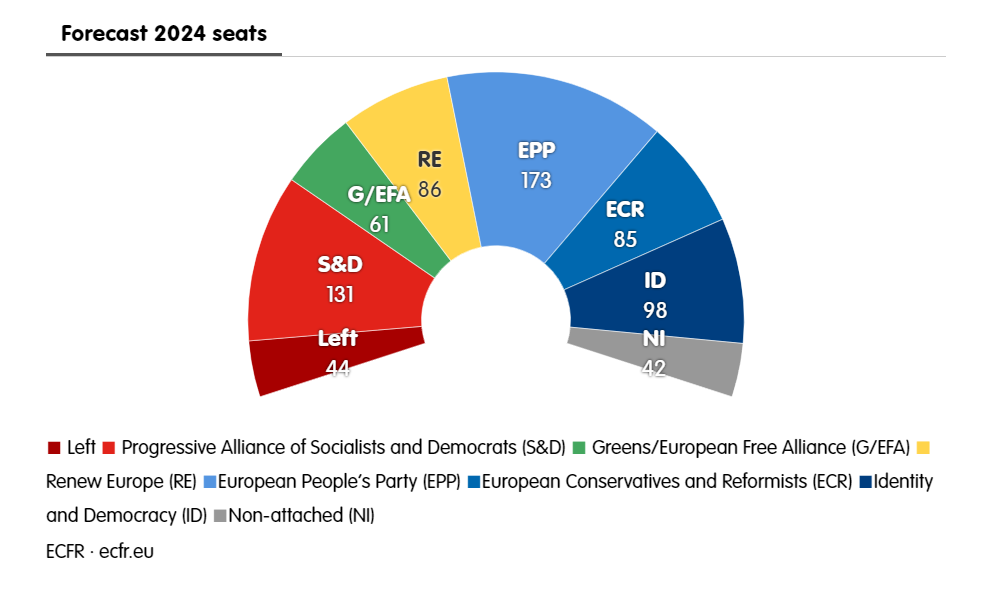A report published by the European Council on Foreign Relations (ECFR) predicts a dramatic swing toward Eurosceptic, populist and right-wing parties in the upcoming European elections, with mainstream groups ceding seats to radical alternatives.
The study, commissioned by the think tank and conducted by political scientists and pollsters Simon Hix and Dr. Kevin Cunningham, is based on the performance of national parties in previous European Parliament elections.
Findings suggest the far-right group Identity and Democracy (ID) will end up with 100 seats (a 40-seat increase), placing them as the third-biggest party in Parliament. The European Conservatives and Reformists (ECR) – of which the Brothers of Italy and Flemish N-VA are a part – are set to make gains too (from 71 to 85 seats).
While anti-European parties top the polls in nine Member States and finish second or third in nine other countries, the two largest parties currently in the Parliament –the European People's Party (EPP) and Socialists & Democrats (S&D) – will "continue a path of haemorrhaging seats, as in the past two elections."

European Commission President Ursula Von der Leyen's EPP party is predicted to "haemorrhage" seats in the European elections in June. Credit: Belga / Hatim Kaghat
Hix and Cunningham warn that the outcome of the European election is intrinsically linked to national and global contexts. Far-right gains may serve as a precursor to similar victories in domestic ballots as well as the return of Donald Trump to the US Presidency.
"Against a backdrop of stirring populism, parties of the political mainstream need to wake up and take clear stock of voter demands, whilst recognising the need for a more interventionist and powerful Europe on the world stage," Hix states.
'Populist right coalition' in the pipeline
As it stands, the centre-right enjoys a parliamentary majority (49%) made up of a coalition between the EPP, Renew and the ECR. The current centre-left coalition between S&D, the Greens/EFA and The Left has 36% of the total. According to the study, the elections could reduce these proportions to 48% to 33% respectively, while a "populist right coalition" made up of the EPP, the ECR, and ID would take 49% of seats compared to 43% now.
It is unclear how strong the cordon sanitaire around far-right groups such as ID will remain for parties like the EPP, who have not yet confirmed whether they would cooperate with their more radical counterparts.
Related News
- Flemish far-right MEP's 'Nazi-like' language in European Parliament under investigation
- No 'Bexit' on the cards for Belgium, EU poll says
- Europe is becoming a US 'vassal', leading think tank warns
In addition, parties such as Hungary's far-right Fidesz – until now operating independently – may decide to join a larger group. This added uncertainty makes it difficult to know which groups will come out on top. For instance, if Fidesz decides to join the ECR, the Eurosceptic group could become the largest party in Parliament.
Regardless of how any right-wing coalition is structured, the current left-right balance in Parliament is likely to skew dramatically in favour of the latter.
Environment, Rule of Law, Ukraine
The pollsters say their findings should serve as a "wake-up call" for decision-makers currently in power given the impact a radicalised Parliament would have on key EU policy files.
They warn that the EU's environmental policy is under serious threat, with progress already hindered by the centre-right at every turn. Cunningham says the projected shift even further to the right entails "significant implications for the next phase of the European Green Deal."

The EPP has fought against landmark environmental legislation in a bid to hold on to its agricultural voter base. Credit: Belga / Hatim Kaghat
The EU's battle to preserve the rule of law has similarly survived on slim majorities and sanctions on Russia following its 2022 invasion of Ukraine may follow suit if the poll's forecasts are correct about gains made by pro-Russian parties. The Bulgarian party Revival, for instance, is predicted to win three seats.
Nix and Cunningham hope mainstream politicians will find a way to show voters "that it is they, and not those on the political fringes, who are best placed to protect fundamental European rights.
"While progressive European leaders cannot, and should not, tell voters what to do, they can build a credible alternative to a sharp right turn in the political mandate given to the next set of EU institutions," the report concludes.


